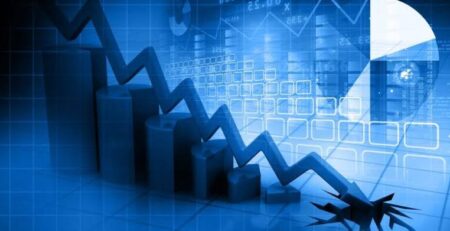Health, Wealth, and Informality over the Life Cycle
By Julien Albertini, Xavier Fairise, Anthony Terriau
How do labor market and health outcomes interact over the life cycle in a country characterized by a large informal sector and strong inequalities? To quantify the effects of bad health on labor market trajectories, wealth, and consumption, we develop a life-cycle heterogeneous agents model with a formal and an informal sector. We estimate our model using data from the National Income Dynamics Study, the first nationally representative panel study in South Africa. We run counterfactual experiments and show that health shocks have an important impact on wealth and consumption. The channel through which these shocks propagate strongly depends on the job status of individuals at the time of the shock. For formal workers, bad health reduces labor efficiency, which translates into lower earnings. For informal workers and the non-employed, the shock lowers the job finding rate and increases job separation into non-employment, which results in a surge in non-employment spells. As bad health spells persist more for non-employed than for employed individuals, the interaction between labor market risks and health risks generates a vicious circle.
Source: @SSRN











